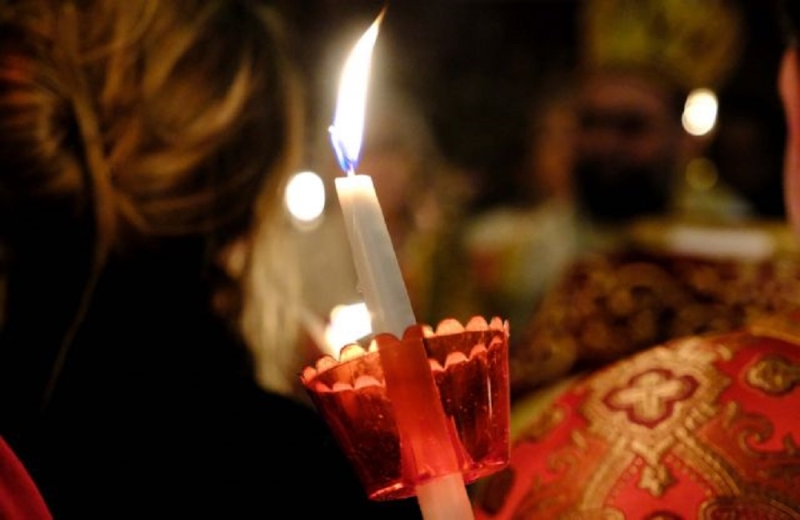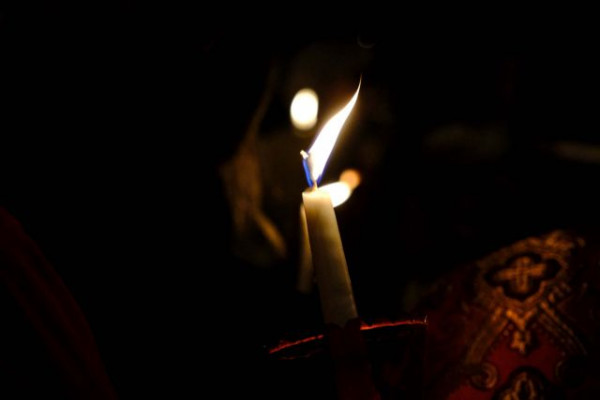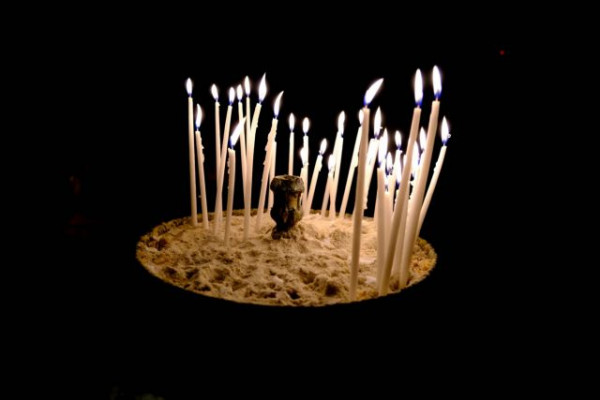
Perhaps most of you who are reading this text now know how the celebration of Easter came about and where its name comes from.
In short, “Passover”, as it is called in Hebrew, means “passage” and marked the “Exodus” of the Jews from Egypt, under the guidance of the prophet Moses. For Christians, Easter is synonymous with the sacrifice and resurrection of Christ, the supreme moment of Christianity. In other words, it symbolizes the “passage” from mortal life and death to the Kingdom of Heaven.
For 2022, the Easter of Catholics fell on April 17, while the Orthodox Christians fell on the 24th of the month. Rarely, however, does the celebration coincide in both cases.
However, have you ever wondered why the Passover celebration is mobile, that is, the date changes every year, for both Jews and Christians everywhere?

“Easter” and Easter at different times
There are two explanations for answering this question, according to website theatlantic.com . The first is that there is a general mismatch between Jews and Christians as to the dates of their Feasts. Then, in both cases, Easter must fall near a spring full moon. A fact that is confirmed if one thinks that the “Pink Full Moon” happened on April 19.
In the early Christian years, Christians used the Jewish calendar as a reference to their feasts, which changed with the First Council of Nicaea in 325 AD, when the Church decided to set its own date for Easter, independent of the Jews. Today, most Christian communities celebrate Easter on the first Sunday after the first full moon, after March 21st. This full moon does not always coincide with that of the Jews, and here the second question arises.
The discrepancy between the two calendars occurs because a lunar year does not have the same duration as a solar one. In fact, nothing has the same duration as a solar year, as not all solar years have the same duration with each other. This is a challenge not only for the two religious calendars, but also for every human endeavor to control time on Earth.
As Benjamin Dreyfus, a physics professor, explains, the Jewish calendar uses the lunar months, which last 29 or 30 days each. Even if we have 12 such months, that makes us 354 days a year. That is, about 11 days difference from a solar year, which has about 365 days. If the Jewish calendar is synchronized with the Christian calendar, it means that the Jews will have to break the biblical command that Easter wants to be celebrated in the spring. This dispute is resolved by periodically adding an additional month to the Jewish calendar.
To be precise, the “extra” month “Adar II”, as it is called, occurs in a recurring period of 19 years a total of seven times and in particular the third, sixth, eighth, eleventh, fourteenth, seventeenth and nineteenth year. This, of course, is not an “ideal mechanism” as Professor Dreyfus explains that the Jewish calendar “escapes” by one day every about 200 years and so far no way has been found to correct this. This practically means that to this day, Jewish Passover falls one month later than Christian Passover three times in each 19-year cycle.
Regardless of the differences and convergences of all the calendars, there are some constants that are not “broken”. For example, the first night of the Jewish Passover can never coincide with the Christian Good Thursday and that is because the “Passover” can not start on Thursday during the tradition, for no reason and because it would bring other “overdue” holidays Jewish holidays.

Why Catholics and Orthodox Celebrate Easter on a Different Date
A similar problem arises with the Gregorian Calendar, which is used from the Western world, with the result that Catholics and Orthodox celebrate Easter on different dates.
More specifically, the 12 lunar months do not represent a full solar year, with the result that 24 times in a century they have to An extra day is added to the month of February to partially synchronize the calendar with the solar year.
Nowadays, Roman Catholics and most Protestants celebrate Easter after March 21 of the Gregorian Calendar. However, the Orthodox use the older version of the calendar, also known as the “Julian”, in order to determine the date of Easter and other holidays each year. That is why this year the Catholic Easter is on the 21st, while the Orthodox one is on the 28th of April.




